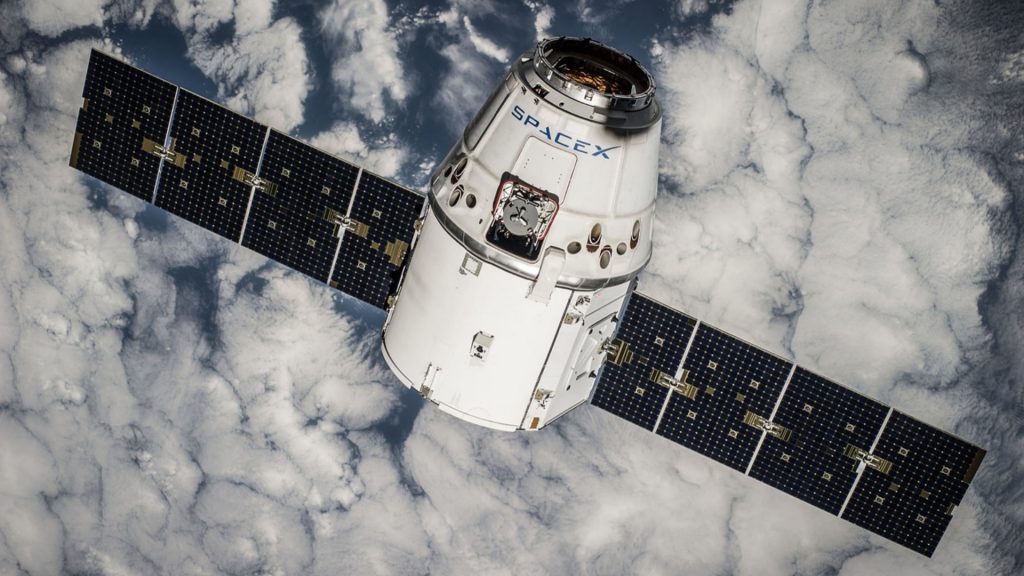While the idea of satellite internet isn’t new, Starlink has thrust the concept into the mainstream and as the firm marches toward internet connectivity for the world from above us, SpaceX has scored a big win.
That win is the permission to lower the orbit of Starlink satellites launched in the future.
How much lower? Substantially lower according to a report from The Verge. The next batch of 2 814 satellites will orbit the Earth at an altitude of 550km rather than the previously planned 1 150km.
This permission, as granted by the Federal Communications Commission (FCC) does come with stipulations, however. For one, SpaceX must co-ordinate with other satellite internet operators to ensure signals from Starlink don’t cause interference. In addition, SpaceX must provide semi-annual reports to the FCC regarding Starlink failures including close calls with other satellites.
Amazon and OneWeb reportedly opposed SpaceX’s request stating they were concerned about collisions and signal interference. The FCC however believes that a lower orbit will result in fewer collisions while also improving the speed and lower the lag of SpaceX’s internet service.
Amazon also called the decision a win as it places a number of conditions on SpaceX to insure its satellites don’t interfere with others.
“These conditions address our primary concerns,” Amazon said in a statement to Bloomberg.
Aside from Amazon’s concerns, SpaceX has had criticism levelled against it by the Astronomy community given its satellites are ruining the view of the night sky.
A lower Earth orbit puts the next batch of Starlink satellites in Earth’s shadow at night preventing the sun from reflecting off of the orbiting satellites. This coupled with SpaceX’s efforts to make its gear less reflective will hopefully help, but unfortunately we don’t know the full effects until the satellites are in orbit.

